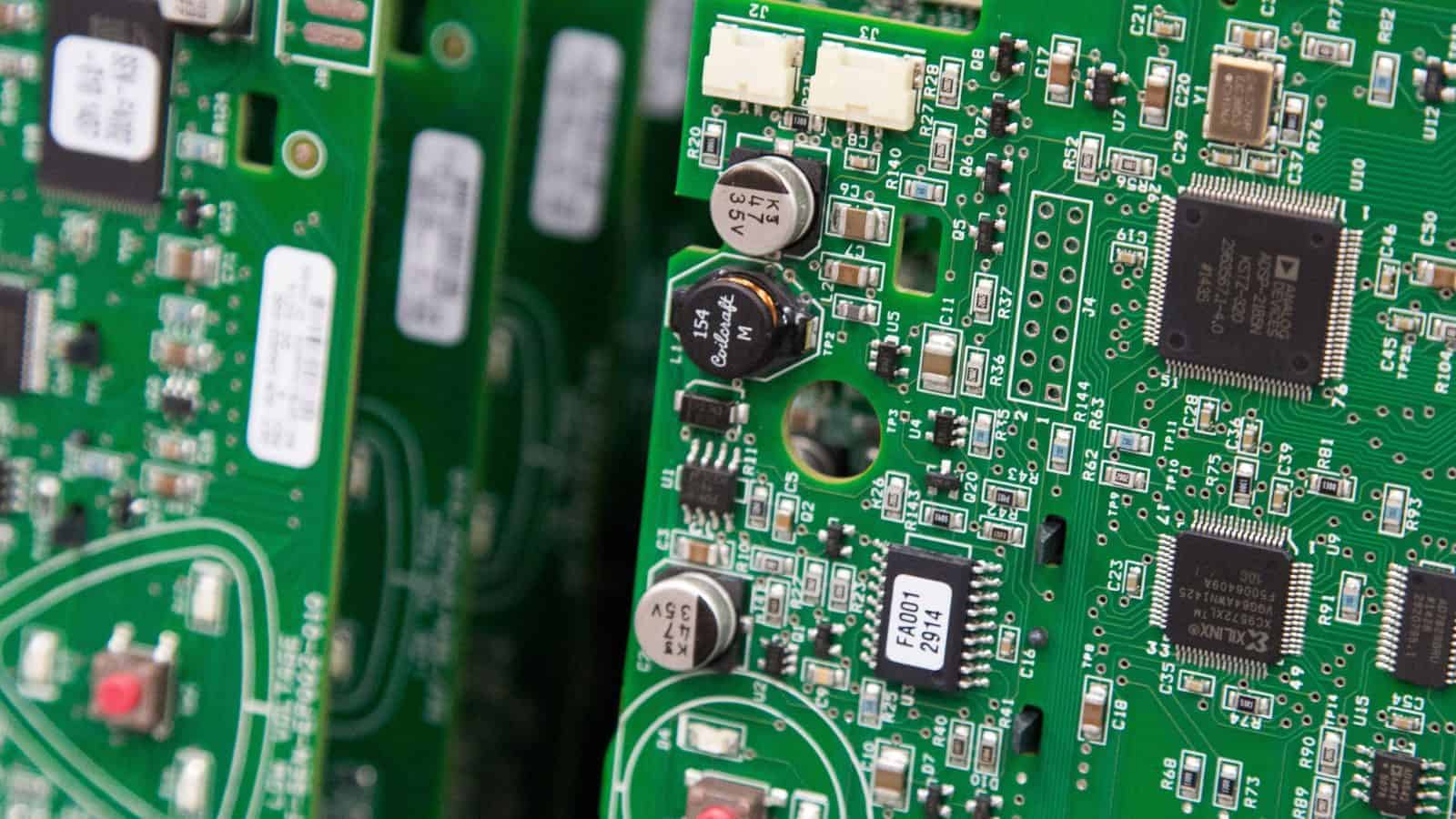Semiconductor Makers Look to “Chiplets”

The explosive growth of artificial intelligence is leading semiconductor makers to move quickly to create “designs that stack chips together like high-tech Lego pieces,” according to The Wall Street Journal (subscription).
What’s going on: “‘Chiplets’ can be an easier way to design more-powerful chips, according to industry executives who call the technology one of the most significant advances since the dawn of the integrated circuit more than 60 years ago.”
- The technology has the potential to deliver more powerful, cost-effective semiconductors, sources told the Journal.
- Last year, some of the world’s largest technology companies, including Qualcomm and Intel—which recently announced products containing chiplets—formed a coalition to craft chiplet-designing standards.
How it works: “A typical consumer device such as a smartphone contains many types of chip[s] for functions including data processing, graphics processing, memory, telecommunications and power control.”
- “The chips are delicately tethered to minuscule wires and ensconced in a protective plastic casing, forming a package that can be fixed to a circuit board.”
- “With the new chiplet packaging, engineers have found ways to bolt together pre-existing chips, the equivalent of using a few Lego pieces to build a toy car.”
The caveats: Chiplet manufacturing is not cheap, however, and the technology requires its own performance-verification process.
- What’s more, chiplets “aren’t suited to every function,” and lend themselves better to high-end desktop computers than mass-marketed cell phones.
China’s role: It is estimated that China controls 38% of the semiconductor assembly, testing and packaging market, a fact that “poses two potential risks for the U.S. While many American companies have been working with factories in China to handle these specialist chip-making roles, the supply chains could be tangled by a geopolitical crisis or another pandemic.”
- “In addition, the U.S. has imposed export controls on advanced semiconductor technology and could seek to expand controls in the future.”
